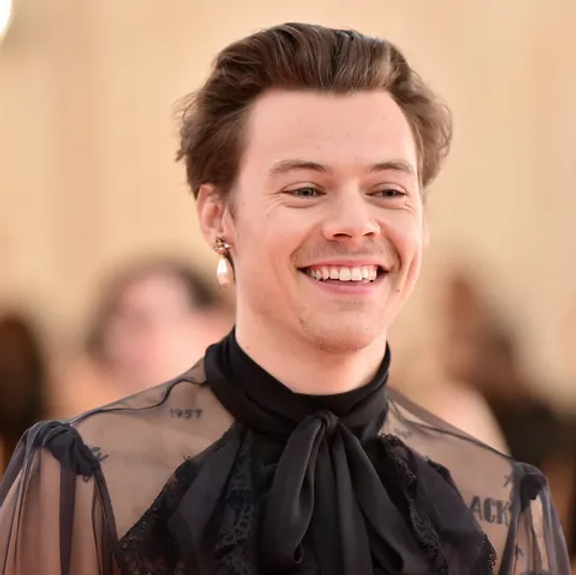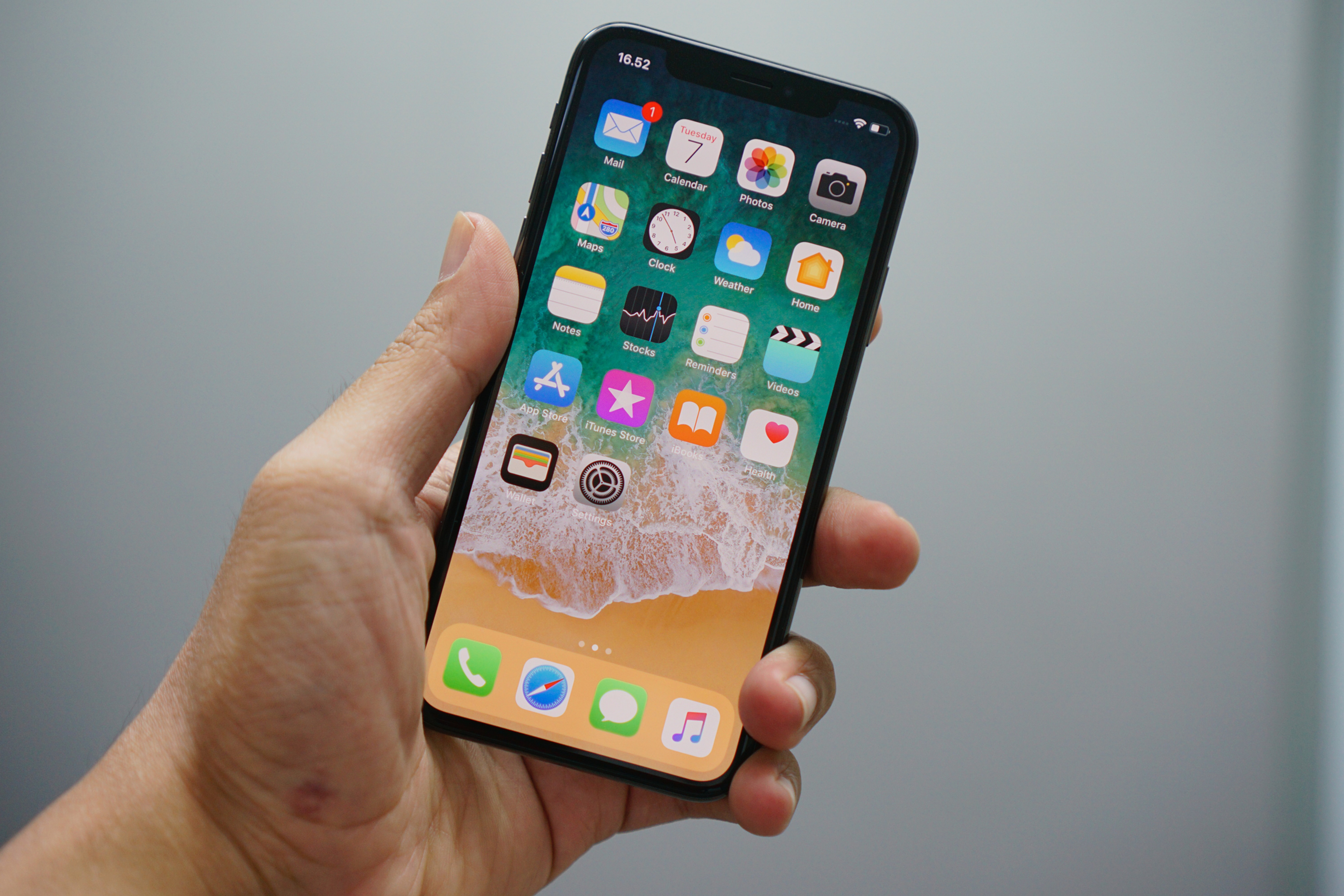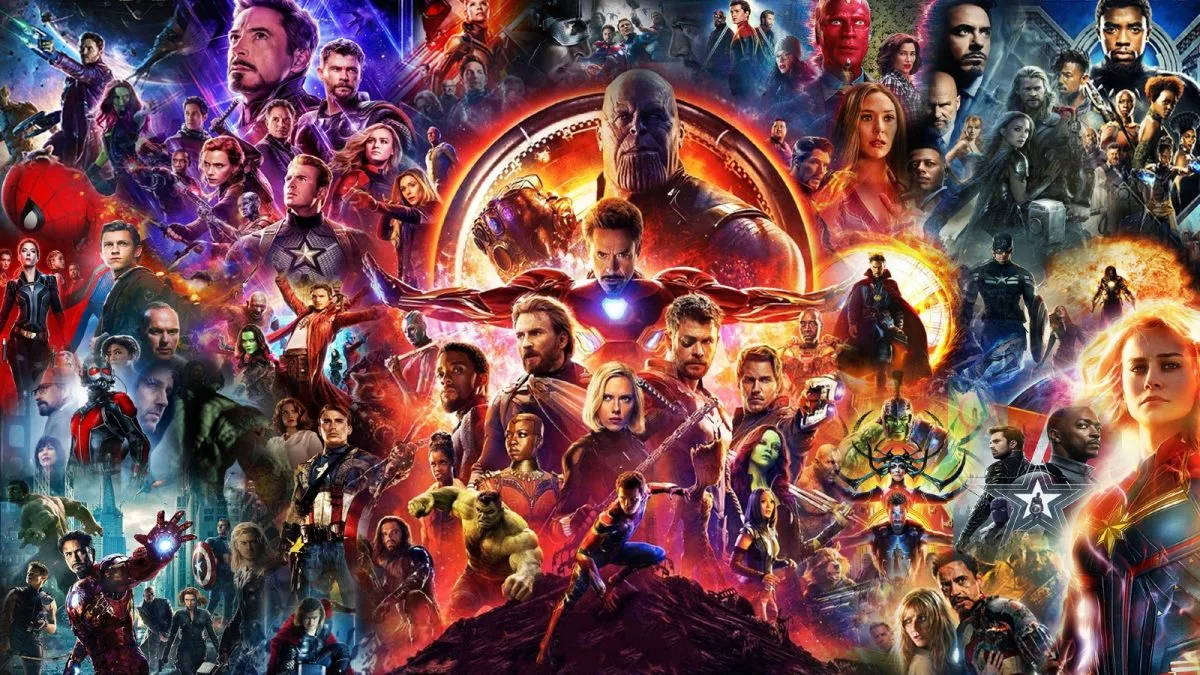Harry Styles rose to fame in 2010 when he and four other young hopefuls formed the band One Direction. In 2015, after the band split up, Styles took a more creative route. His self-titled first solo album dropped in 2017, and it forged his identity as pop rock. In 2019, Styles career skyrocketed as his second album, Fine Line, was released. In contrast to Styles debut, Fine Line showed the singers creative side, as he sported nail polish, danced around in neon pink tops, and sang about fruit.
A year later, Styles posed for the December 2020 issue of Vogue Magazine, making him the first man to pose solo for Vogue. To top off this remarkable moment for fashion, Styles donned a louis blue ruffled dress designed by Gucci.
This cover received a lot of backlash. According to Variety magazine, conservative author Candace Owens tweeted, There is no society that can survive without strong men, The East knows this. In the west, the steady feminization of our men at the same time that Marxism is being taught to our children is not a coincidence. It is an outright attack. Bring back manly men.
On the other side of the political spectrum, Vogue received criticism from the LGBTQ+ community for having the first man to pose in a dress be a white cisgender man in a movement largely founded by transgender people of color.
Harry Styless fans came together to counter Owenss comments. Watching from afar, it may seem comical, but looking deeper into the situation, you can see the backwards thinking of some in todays society. This influential woman put out a statement arguing that clothing defines masculinity and that we need men who are strong to carry society. But who can define strength or masculinity?
The article Breaking Gender Barriers in Fashion The Buzzer explains the correlation between gender and strength as historical: This has been engraved into societys mind and has resulted in vulnerability being seen as weakness. The problem is that vulnerability has become something thats associated with women instead of something normal that exists in all of us. This idea is sometimes referred to as toxic masculinity, and it is harmful for men. According to Sarah Shepherd at verywellmind, As a country, we often fail to address the many traumas faced by boys and men and we often punish behaviors without addressing the underlying issues that lead to those behaviors. We need to eliminate the stigma around mental illness and remind men that asking for help, expressing emotions, and seeking therapy isnt just beneficial, its necessary for the betterment of our society.
Styles discusses his own take on masculinity in an interview for Teen Vogue: I think theres so much masculinity in being vulnerable and allowing yourself to be feminine, and Im very comfortable with that. Growing up you dont even know what those things mean. You have this idea of what being masculine is and as you grow up and experience more of the world, you become more comfortable with who you are. In the same interview, Styles explains that the times when he feels most confident and like himself are when he allows himself to be vulnerable.
Harry Styles can often be seen in jewelry, feather boas, nail polish and dresses, which are still deemed feminine. Thanks to Harry Styles and a number of other celebrities, gender barriers are being broken, with their fashion choices refreshing the conversation about what it means to express oneself.
Works Cited
Adekaiyero Ayomikun. (2021, October 18). Billy Porter Criticized Vogue for Featuring Harry Styles as its First Ever Male in a Dress on its Cover: He Doesnt Care. Business Insider. Retrieved March, 1, 2022 from http://www.businessinsider.in/entertainment/news
Belle, Elly. (n.d.) Harry Styles and Timothe Chalamet Talked Masculinity in New Interview. Teen Vogue, Nov. 2018, from www.teenvogue.com/story/harry-styles-and-timothee-chalamet-talked-masculinity.
Countryman, E. (2020, November 16). Candace Owens gets backlash from Harry Styles fans over ‘bring back manly men’ tweet. Variety. Retrieved January 15, 2022, from https://variety.com/2020/music/news/harry-styles-candace-owens-tweet-1234833146/
Mischka, C. (n.d.). Breaking gender barriers in fashion. The Buzzer. Retrieved January 15, 2022, from https://hhsbuzzer.com/977/showcase/breaking-gender-barriers-in-fashion/
Sheppard, S. (2020, November 12). The dangers of toxic masculinity. Verywell Mind. Retrieved January 15, 2022, from https://www.verywellmind.com/the-dangerous-mental-health-effects-of-toxic-masculinity-5073957
 Audrey Miller, Alumni at UCTech
Audrey Miller, Alumni at UCTech 
 The Lack of Innovation at Apple
The Lack of Innovation at Apple